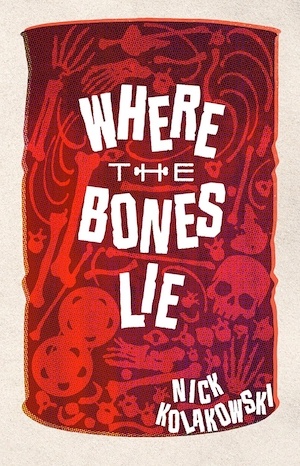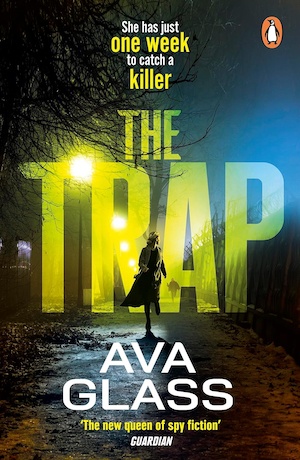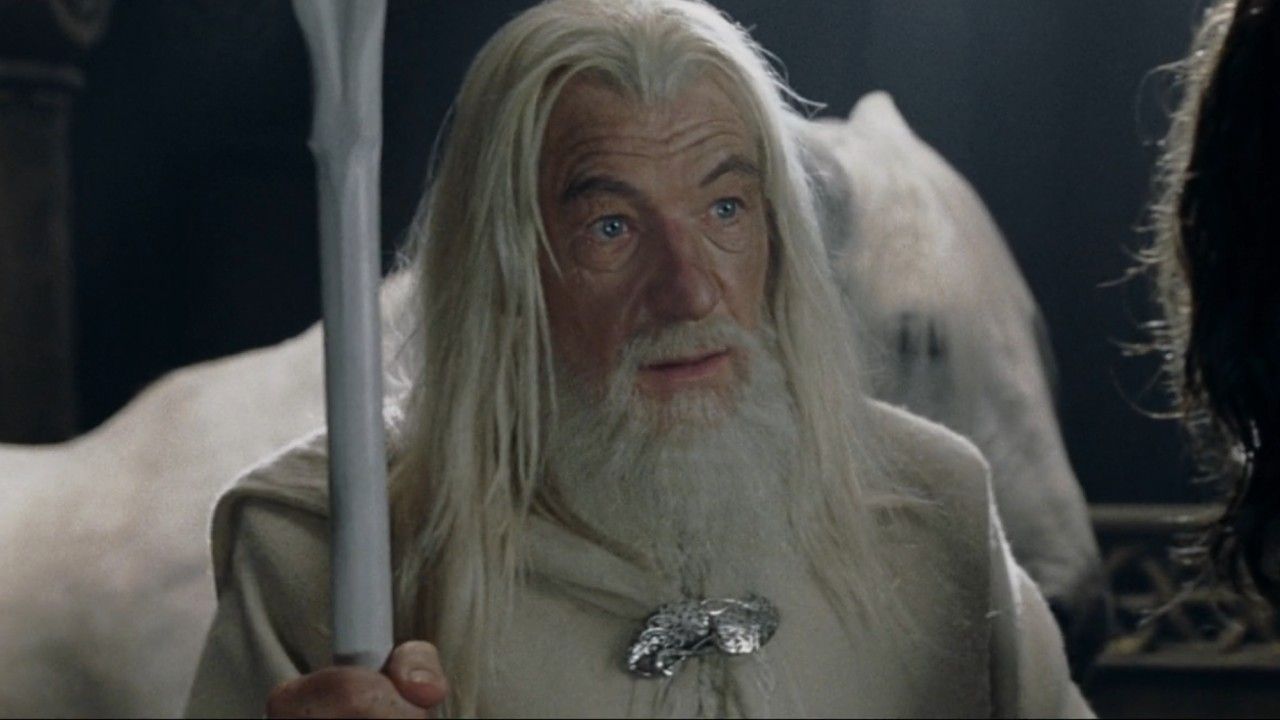The Cold War hasn’t been this popular with spy writers since the Berlin Wall came down in 1989 but readers are delighted by its resurgence on the page. While ITN news reader Tom Bradby is best known for his contemporary Kate Henderson trilogy, here he’s delving into the past too. Yesterday’s Spy is set in 1953 Iran at a critical but lesser-known moment in world history. In many ways it’s classic espionage – intriguing and satisfyingly complex, with a love story and some family drama. These elements meld perfectly and the result is page-turning and entertaining.
Yesterday’s Spy opens in a bierkeller in Gottingen, Germany in 1933. Young Cambridge student Amanda James gets on the wrong side of a drunken and bellicose Nazi gang toasting the glories of new Reich. If not for the intervention of fellow Brit Harry Tower things could get very nasty for Amanda. Curiously, the whole time the conflict is happening Harry has the feeling a man is watching him, assessing his actions. In the coming years, Harry marries Amanda, they have a son, Sean, and Harry begins working for SIS.
Twenty years later. Harry is now a fading star in the SIS firmament. He is called to Downing Street because of his expertise in Iran. Harry has served in Tehran and his son, Sean, is still there. Churchill is about to approve British involvement in Operation Ajax, a plan in conjunction with the Americans to oust Iran’s legitimate and popular nationalist prime minister, Mohammad Mossadegh.
Mossadegh is not in the pocket of the West or the oil companies. The Shah will be more amenable to western demands for oil profits. They are about to instigate a coup while the Russians are occupied with the recent death of Stalin. Churchill wants to be sure that if there’s any blowback it’s the CIA who cop the flak but also that Britain maintains its slice of the pie. Anglo-Iranian Oil has been syphoning millions every year out of Iran but Mossadegh wants to nationalise the industry.
Sean Tower is a reporter for The Guardian. He stayed in Iran, rather than returning to university in England, partly as a rebellion against his distant father. His mother Amanda has recently died, widening the rift between father and son. Neither understands the other. However, Tehran is becoming a dangerous place.
Then Harry gets a call – Sean has gone missing. Yesterday’s Spy springs into action as Harry flies to Iran to find his son. There are people who remember Harry and are hostile to the British presence, the political atmosphere is febrile and the city charged with violence.
Sean vanished after his car was involved in an incident at a small village, there are signs of a struggle and a crash. With the help of Shahnaz, Sean’s girlfriend, the daughter of a general friendly to the Shah’s cause, Harry sets about navigating the local quagmire for the truth. Did Sean upset the city’s police chief, were his articles critical of the regime his downfall and where do the Russians figure in all this? Harry has his own secrets and all he has to go on is a cryptic note left on Sean’s desk.
This novel has all the trappings of a traditional spy story – layers of intrigue, double-crosses, plenty of imminent danger and a whirl of murky politics. It’s hard to believe that this moment in Iranian history hasn’t featured more prominently in spy fiction. It’s a period that set the tone for the conflict in the region to this day. This forms a fascinating backdrop to the very personal tale of a man in search of his son. Perhaps at times the political landscape and Harry’s quest could be tighter bound but nonetheless this has some very evocative scene setting.
This is a love story because it’s about Harry and Amanda and Sean and Shahnaz. Amanda committed suicide and Bradby blends her story into the relationship between father and son very skilfully. Can Harry not only find Sean but reconcile with him about the family’s past? Both this and the spy story work.
Bradby’s modern trilogy, including Secret Service, was complex, with each new novel re-examining the events of the last but from new perspectives. This is a more straightforward narrative. Full credit to Bradby for exploring the less well-known milieu of Iran in the 1950s. It feels like this is an idea that fired his imagination and has an energy and drive that is easy to get caught up in. This is not le Carré but it has a literary tinge to it and is beautifully easy to read.
Bantam Press
Print/Kindle/iBook
£7.99
CFL Rating: 4 Stars







